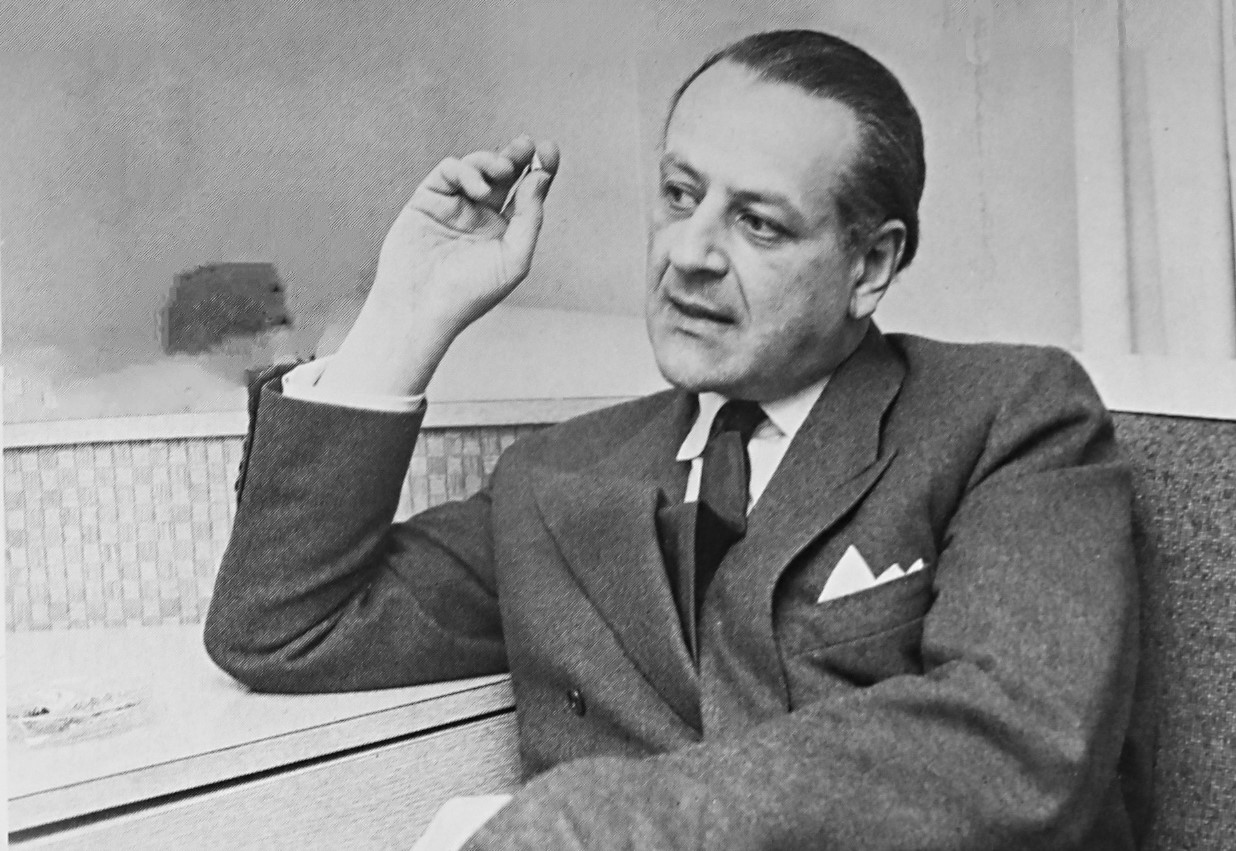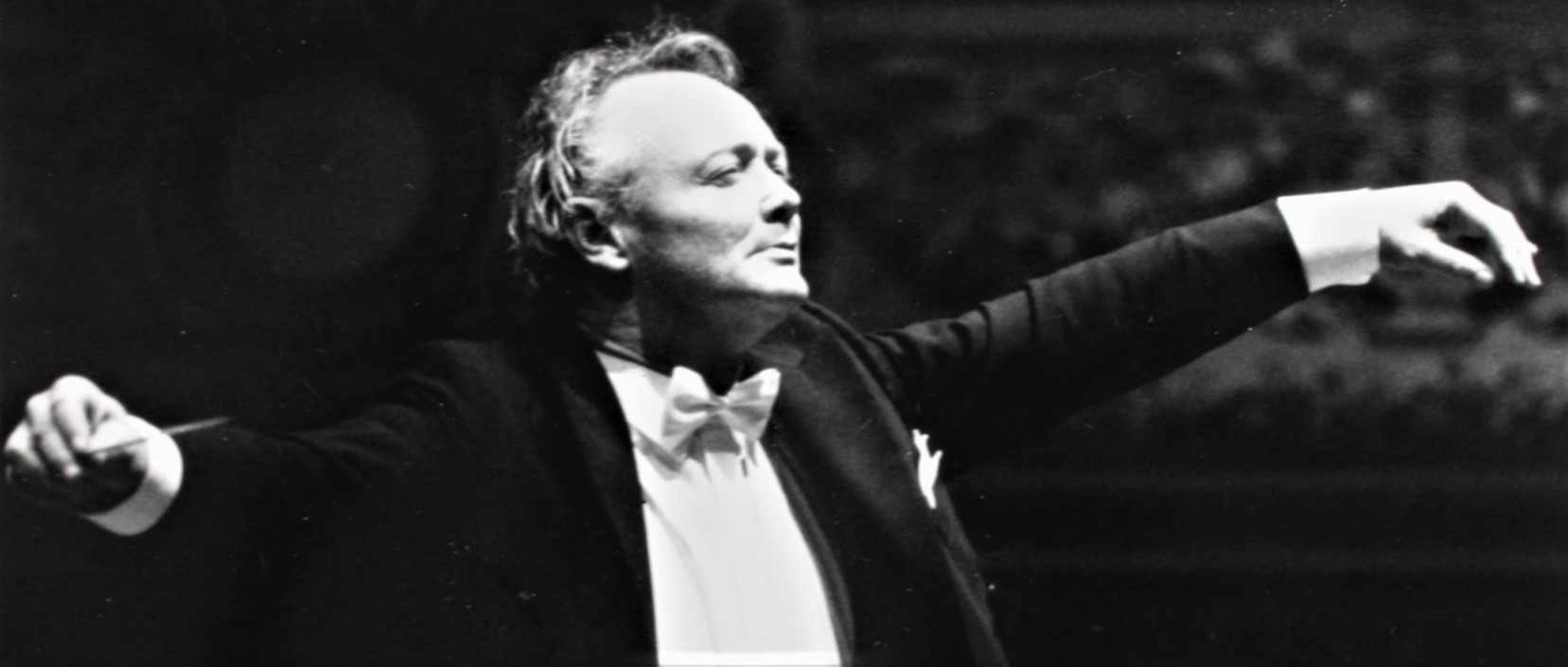Tennstedt soon showed that he cared little for the rules of the GDR's political leadership (details in the book), and as a punishment he was transferred as music director to the small Landestheater Radebeul, located on the Elbe River near Dresden. It was a traveling theater, and the very first new production was The School for Wives by Rolf Liebermann, a brilliant, witty and sparkling comedy.
The premiere took place on 25 January 1959, its first performance in the GDR. Soon afterwards, Liebermann invited the play’s director Dieter Bülter-Marell and Klaus Tennstedt to Hamburg, where he was general manager of the State Opera.
Dieter Bülter-Marell: So we went to Hamburg, that was in early 1959. We drove there in a Trabant car, for the first time on a West German motorway. We didn't know anything about parking meters, and when we arrived at the Jungfernstieg, we got out and said, “We're looking for the opera.”
Pretty soon people were standing round, marveling at the car, and said, “You must put something in there, it’s a parking meter.” We didn't have any money with us ’cos we weren't allowed to export anything. But the Hamburg crowd kindly gave us a few coins; we put them in the parking meter and carried on looking for the opera.
Liebermann then invited us for dinner, and suddenly he said to Tennstedt, "Could you conduct Mozart’s Il Seraglio the day after tomorrow?" Klaus was shocked of course and said, "I'd have to think about it but … yes!" Now, we had done Il Seraglio together in Czechoslovakia, which meant we knew it well, even if only in Czech. Klaus knew the piece only from the Czech lyrics but I knew it from the German text too.
Two days later he was conducting, and I was sitting in the first row directly behind him. Klaus said, "Since I don't know the German t ext, you pat me on the back when the music starts again." What an unforgettable experience! It was also pretty successful, because afterwards Liebermann made a serious offer to Klaus, asking if he would come regularly as principal guest conductor. I also received an offer.
ext, you pat me on the back when the music starts again." What an unforgettable experience! It was also pretty successful, because afterwards Liebermann made a serious offer to Klaus, asking if he would come regularly as principal guest conductor. I also received an offer.
Then we drove back with a small payment, because he’d been given something for cpnducting. Maybe 500 Deutsche Mark West. That was an immense sum for us at the time.
We thought long and hard about whether to accept that offer. Klaus said: "I am music director here and the Gewandhaus is next on my list. Rather than rushing into things …". So we both turned it down and went on working together in Radebeul.
What a fatal decision that was! Rolf Liebermann´s protection would have opened so many doors for this talented, aspiring conductor in the West.
Picture: Rolf Liebermann


